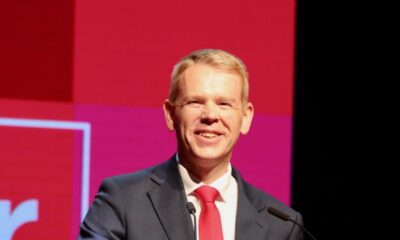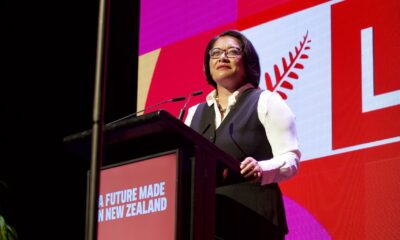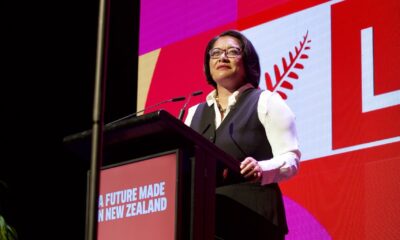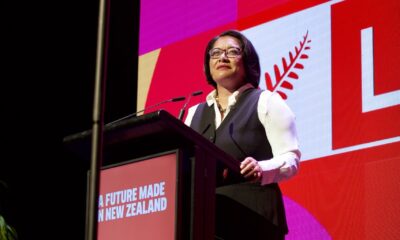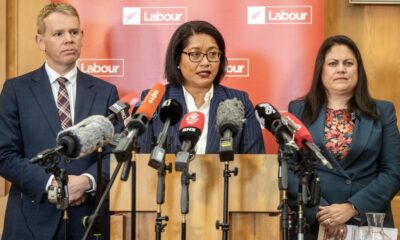Politics
Politicians Leverage Social Media to Connect Directly with Voters
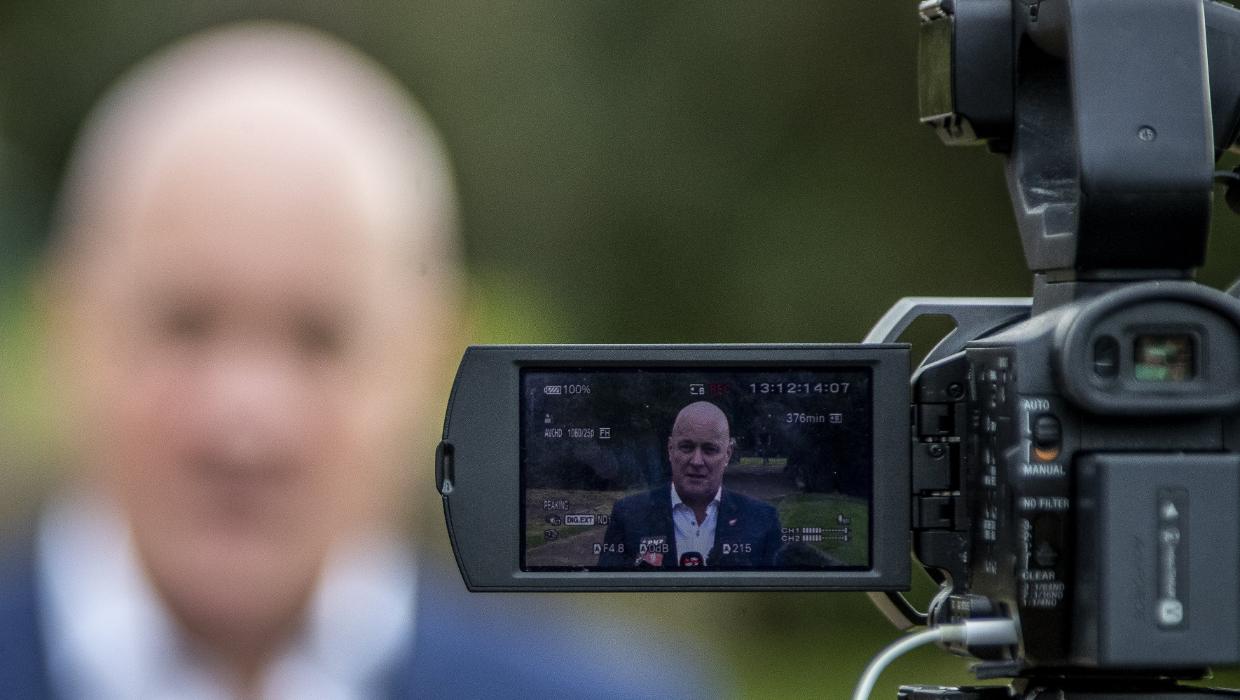
As the political landscape evolves, politicians are increasingly turning to social media to communicate directly with voters, bypassing traditional media channels. This shift allows them to share unfiltered messages and engage with their audiences in real-time. In New Zealand, political leaders are finding varied success on different platforms, with each party adopting unique strategies to capture public attention.
Social media’s influence has grown substantially in recent years, prompting politicians and party strategists to focus on direct voter engagement. According to a recent analysis, the Labour Party has a robust presence on Facebook, while Te Pāti Māori excels on Instagram and TikTok. Meanwhile, Winston Peters, leader of NZ First, has demonstrated significant engagement on X, previously known as Twitter. In contrast, Christopher Luxon, Prime Minister and leader of the National Party, has gained traction largely due to his high-profile position.
Luxon’s social media following reflects his status, boasting 159,000 followers on Facebook, surpassing both Peters at 135,000 and David Seymour, leader of ACT, at 101,000. On Instagram, Luxon again leads with 235,000 followers, followed closely by Green Party co-leader Chlöe Swarbrick with 214,000. The Labour Party’s strategy has recently shifted to emphasize Facebook, where it has 318,000 followers, indicating a renewed focus on political content.
Strategies Across Platforms
The differentiation in social media strategies among parties is notable. Labour’s approach has heavily focused on critiquing Luxon and his government, with 23 out of their 30 most recent Instagram posts aimed at attacking his policies. Recent remixes of National Party videos have been employed to highlight perceived failures of the current administration. For instance, a video of Finance Minister Nicola Willis crashing an e-scooter has been creatively repurposed to suggest that conditions are worsening under Luxon’s leadership.
Conversely, ACT has invested significantly in targeted advertisements on Meta platforms. In the three months leading up to September 20, 2023, ACT spent $45,500 on ads, while the National Party’s expenditure was $11,800. This strategic investment aims to enhance visibility among potential supporters who may not engage with political content through traditional means.
Despite the advantages of direct engagement, navigating social media is not without its challenges. Party strategists express concerns over unpredictable algorithm changes that can either amplify or obscure content. Furthermore, misinformation can circulate quickly, complicating the public’s understanding of party policies.
Engaging Younger Audiences
Younger voters are particularly influential on platforms like Instagram and TikTok. Te Pāti Māori has capitalized on this demographic, with their MP Hana-Rawhiti Maipi-Clarke amassing 252,000 followers, following a viral moment in Parliament. In contrast, right-leaning parties like NZ First and ACT have been more cautious with their engagement on these platforms. ACT’s strategists view Instagram as a venue primarily for left-leaning audiences, which has influenced their content choices.
“Social media is like a public meeting where more people are willing to give their view,”
said a strategist from NZ First, emphasizing the importance of adapting to the online environment. The party has also recently embraced YouTube, where they have established a following of 20,600 subscribers. Full-length videos featuring Seymour interacting with the media have drawn positive responses, illustrating a growing trend towards long-form content.
As the political landscape shifts, keeping messaging simple and cohesive remains critical. All parties recognize the importance of maintaining clarity, especially as the electoral season approaches. With voters increasingly turning to social media for political information, the strategies employed by parties will likely continue to evolve, shaping the future of political communication.
-

 World7 days ago
World7 days agoPrivate Funeral Held for Dean Field and His Three Children
-

 Top Stories1 week ago
Top Stories1 week agoFuneral Planned for Field Siblings After Tragic House Fire
-

 Sports3 months ago
Sports3 months agoNetball New Zealand Stands Down Dame Noeline Taurua for Series
-

 Entertainment3 months ago
Entertainment3 months agoTributes Pour In for Lachlan Rofe, Reality Star, Dead at 47
-

 Entertainment2 months ago
Entertainment2 months agoNew ‘Maverick’ Chaser Joins Beat the Chasers Season Finale
-

 Sports3 months ago
Sports3 months agoSilver Ferns Legend Laura Langman Criticizes Team’s Attitude
-

 Sports4 weeks ago
Sports4 weeks agoEli Katoa Rushed to Hospital After Sideline Incident During Match
-

 Politics2 months ago
Politics2 months agoNetball NZ Calls for Respect Amid Dame Taurua’s Standoff
-

 World2 weeks ago
World2 weeks agoInvestigation Underway in Tragic Sanson House Fire Involving Family
-

 Entertainment3 months ago
Entertainment3 months agoKhloe Kardashian Embraces Innovative Stem Cell Therapy in Mexico
-

 Sports4 weeks ago
Sports4 weeks agoJamie Melham Triumphs Over Husband Ben in Melbourne Cup Victory
-

 Top Stories1 week ago
Top Stories1 week agoShock and Grief Follow Tragic Family Deaths in New Zealand

